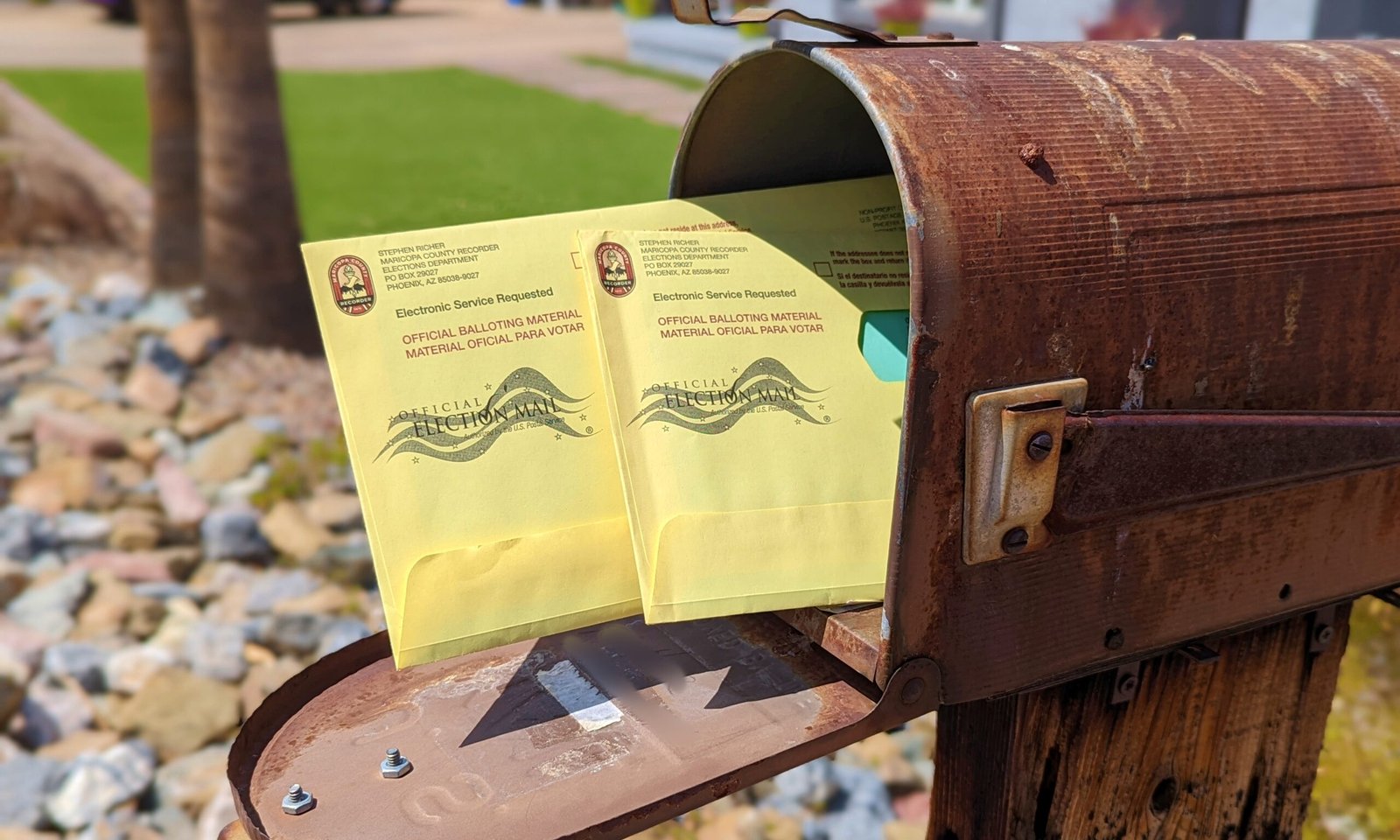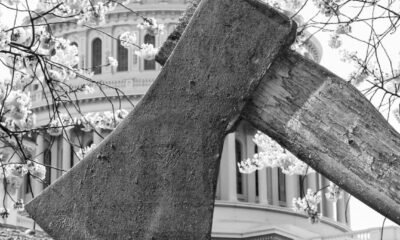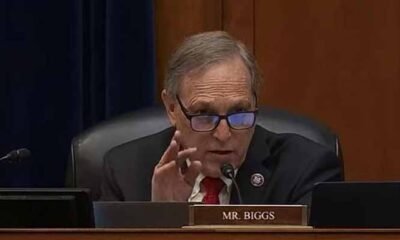2024 election
Court Demands Revision of ‘Misleading’ Description for Open Primary Ballot Initiative

In a significant ruling, a judge has mandated Arizona lawmakers to revise the description of a ballot proposition aimed at eliminating partisan primaries. Maricopa County Superior Court Judge Melissa Iyer Julian determined on Monday that the legislative panel’s summary of Proposition 140, also known as the Make Elections Fair Act, was misleading.
If passed in November, Proposition 140 would introduce an open primary system, allowing all candidates for federal, state, and local offices to compete in a single primary election. This system would also include candidates unaffiliated with any political party.
Under this initiative, every registered voter could choose from all candidates in the primary. The top candidates, regardless of party affiliation, would advance to the general election.
The committee behind the proposition, Make Elections Fair Arizona, argued that the Legislative Council’s description unfairly emphasized ranked-choice voting, potentially swaying public opinion against the measure. Judge Julian concurred with this assessment.
“The analysis misleadingly suggests that, if the Initiative is enacted, the candidate who receives the most votes would no longer be declared the victor in ‘all’ Arizona elections,” Julian wrote. She clarified that the initiative does not mandate voter ranking for determining election winners in every scenario.
While Proposition 140 includes a provision for ranked-choice voting, its implementation is contingent upon legislative or voter approval for advancing multiple candidates from primary to general elections. Julian found the legislative summary lacking proper context regarding voter ranking, contributing to its misleading nature.
The judge condemned the original description as a “rhetorical strategy” designed to create confusion about how voter ranking would apply, implying it would lead to unfair elections. “Such a strategy is ‘tinged with partisan coloring’ and violates the requirement of neutrality,” she ruled.
This lawsuit stems from a July complaint by Make Elections Fair Arizona after lawmakers unanimously approved the initial language. Julian has ordered lawmakers to produce a revised ballot initiative description by August 29.
This marks the second legal win for the initiative’s supporters in under a week, following a judge’s ruling on August 9 that upheld the initiative against claims of violating the state constitution’s single-subject rule.
Both rulings are subject to appeal in the Arizona Supreme Court. Furthermore, the initiative faces ongoing challenges regarding the validity of the petition signatures collected to qualify for the ballot.


















